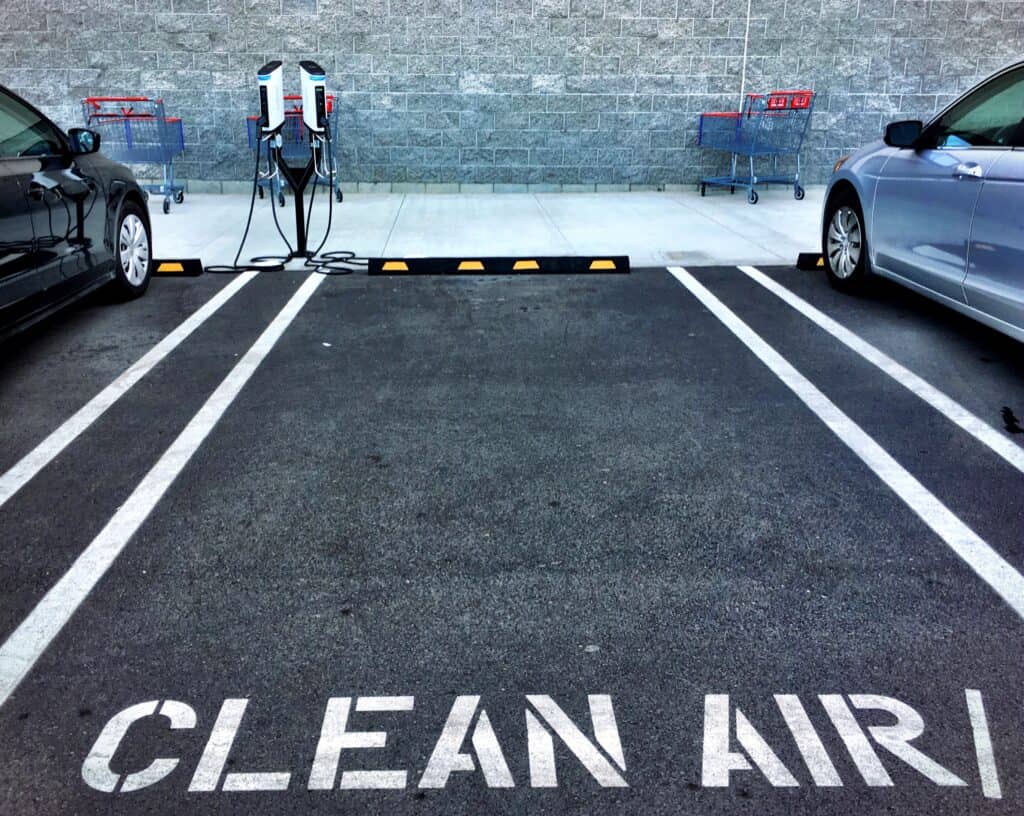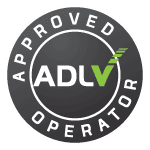
Greater Manchester announces £120 million funding to upgrade fleets ahead of Clean Air Zone launch
Greater Manchester has announced that it has secured £120 million in government funding to help fleets upgrade ahead of the launch of its Clean Air Zone (CAZ).
The CAZ is set to come into operation on 30 May 2022, with fleet owners being urged to ensure that vehicles are compliant.
Similar green zones have been implemented in London and Birmingham, with London recently extending that into the Ultra-Low Emissions Zone (ULEZ).
Greater Manchester has now published its final Clean Air Plan, with the £120 million funding application window set to open in November.
What does the funding mean?
The funding means that fleet operators can access up to £4,500 per vehicle towards its replacement, which is significantly higher than the initially proposed £3,500.
Greater Manchester Hackney Cabs are eligible for up to £10,000 in grant funding, while HGVs can receive up to £12,000 towards replacement, and coaches will be eligible for £32,000 per vehicle.
Taxi and private hire cab owners registered in Greater Manchester, as well as light goods vehicle (LGV) operators, are set to be given more leeway in upgrading too.
Following consultation, there will be temporary exemptions for a further year, until 31 May 2023 for all Hackney cabs and private hire vehicles licensed in Greater Manchester.
Vans, minibuses, wheelchair accessible taxis, and coaches registered in Greater Manchester will be exempt from daily charges until May 2023, though this has previously been included in proposals.
Why is Greater Manchester introducing the CAZ?
Local councils across the UK are under pressure from the Government to introduce Clean Air Zones to ensure that they comply with nitrogen dioxide (NO2) legal limits.
They’ve been directed to achieve the goals by 2024 at the latest by charging non-compliant commercial and passenger vehicles for driving within the zones.
However, private cars will be exempt from the Greater Manchester CAZ, as it’s a category C charging zone, which is in contrast to the recently introduced CAZ in Birmingham, which is a category D zone, meaning older private cars face charges.
The key introduction has been the leniency of charges and the additional time given to fleet operators to ensure that vehicles are upgraded, aided by government funding.
How will the funding work?
£120 million in funding aims to help sole traders, fleet operators, and the voluntary sector upgrade commercials vehicles that are not compliant with the CAZ requirements, to avoid daily charges.
The funding is broken down as follows;
- £87.9 million through the Clean Commercial Vehicle Fund for vans, HGVs, coaches, and minibuses
- £21.4 million via the Clean Taxi Fund for taxis licenced in Greater Manchester and private hire vehicle owners, drivers, and operators to switch to cleaner vehicles
- £14.7 million in the Bus Retrofit Fund for non-compliant buses in Greater Manchester to be retrofitted
- £3.2 million Bus Replacement Fund to support the replacement of non-compliant buses that can’t be retrofitted
Further details on the Electric Vehicle Charging Infrastructure Strategy are set to be published in July, with expectations being that targets will be put in place to ensure further public charging points are installed.
You can find out further details on Greater Manchester’s Clean Air Zone HERE.

